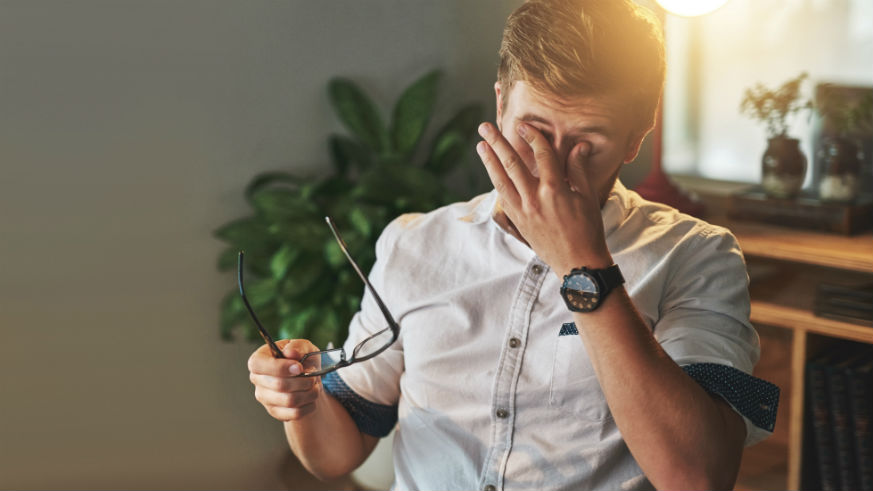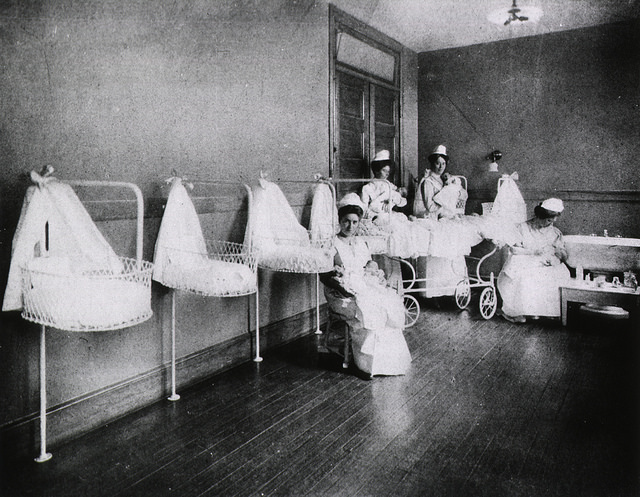Imagine this scenario: You’ve been in bed since 11:00, but your mind is still racing a thousand miles a minute. You glance at the clock: It’s 1:38 a.m. and you have to be up again at 5 to make it to work on time. Forget about eight hours; you just want one hour of sleep, so you take a couple of sleeping pills in a last-ditch attempt to drift off to dreamland.
Sound familiar? Probably: The National Sleep Foundation estimates that at least one in three people experiences at least mild insomnia — and relying on sleeping pills to help you doze off isn’t doing you any favors, according to Matt Walker, a professor of neuroscience and psychology at the University of California, Berkeley.
“The quality of sleep that you have when you’re on these drugs is not the same as normal, naturalistic sleep,” he told The Cut.
Why sleeping pills don’t work
Walker delves into the subject in his new book, Why We Sleep, and says that these pills are “sedative hypnotics” that just knock you out without giving you the restorative powers of sleep.
“The way that they work is by targeting a set of receptors, or ‘welcome sites,’ in the brain that are lured to basically stop your brain cells from firing,” he told The Cut. “They principally attack those sites in the cortex, this wrinkle of tissue on the top of your brain, and they just switch off the top of your cortex, the top of your brain, and put you into a state of unconsciousness.”
Actual sleep, on the other hand, is an “incredibly complex ballet of neurochemical brilliance” that pharmaceuticals can’t match. Don’t just take his word for it: A committee of experts reviewed 65 studies on drug placebos and found that the impact of sleeping pills was small, at best. Walker says that any perceived benefit is psychological.
What to use instead of sleeping pills
So, are you doomed to spend more nights staring at the ceiling? Not necessarily: Walker — and the American College of Physicians — recommends a type of cognitive therapy known as CBT-I that involves traditional therapy with sleep restriction (only going to bed when you’re sleepy) and education on good sleep habits. In other words, you change the way your brain processes sleep.
“Here’s the recommendation: if you’ve been in bed for 20 minutes and you can’t fall asleep, that’s not good,” Walker told the website. “The advice is: Get out of bed, go to a different room with dim lights, read a book, and only return to bed when you’re sleepy” so your brain can “relearn” that your bed means sleep, not wakefulness.
And though it might be tempting, try to limit your caffeine intake after noon even if you think it doesn’t bother your sleep.
“Even if you fall asleep fine, the depth of sleep, the quality of sleep that you will have, will not be as deep or as rich in quality if caffeine is circulating around the brain,” he said. “And you don’t know that, of course. You’re still asleep. You’re just not getting the best sleep that you could be.”

























